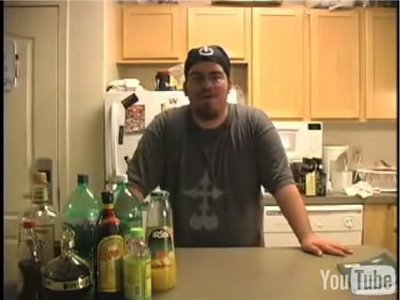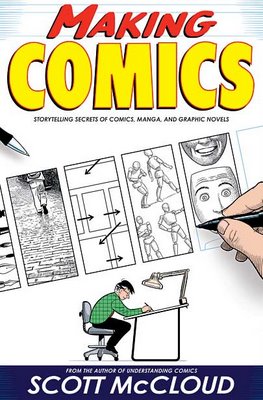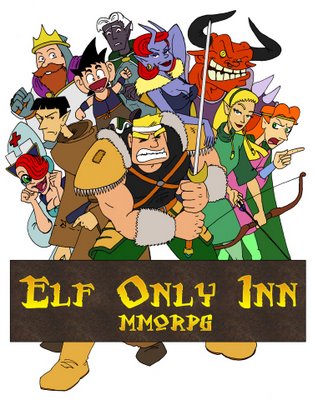It's fun AND educational!

A still image of the fabulous Phil Kahn from the first I'm Just Drinking Podcast.
Phil Kahn is an amazing man. A good way to describe Gabe and Tycho is "Webcomics Gurus". A good way to describe Scott McCloud is "Webcomics Experimentalist". A good way to describe Eric Burns is "Webcomics Critic". A good way to describe R. Stevens is "Webcomics Golden Boy". Etcetera etcetera etcetera.
But when you try to describe Phil Kahn, pretty much the only way is call him what he is: the quintessential "Webcomics Enthusiast". He's not just a fan, definitely not a fanboy, and not exactly an illuminati. He's simply a guy who is very actively involved in just about every facet of the webcomics community. He's got a webcomics criticism blog (currently on hiatus/finished/change of focus), ran a webcomics collective, and has various webcomic projects, both retired and current. He's one of the voices behind Digital Strips, a video editor for Clickwheel, and his latest project is a nice little wiki for webcomics inspired alcoholic drinks named I'm Just Drinking.
Which brings us to the topic of this post: The all-new I'm Just Drinking Podcast. Not satisfied to just have a vast repository of mixed-drink recipes for webcomics, Kahn has actually started recording short videos in which he demonstrates to us exactly how to actually make said recipes, and then shares the drinks with his friends, who give their thoughts on the taste, texture, and general experience of each drink. You really ought to check it out by clicknig on the picture to go watch the first episode.
I must confess that I'm somewhat biased toward this particular podcast, as it feels a lot like a cooking show, and it's about mixed drinks. I love cooking shows. If you asked any of my friends they'd definitely tell you that Food Network is my favorite channel. Good food is just one of those rare things which is perfectly enjoyable, perfectly social, and perfectly wholesome, and watching people who enjoy food as much as I do and know how to make it much better than me is quite a pleasant experience. I also love alcohol (who doesn't?), and mixed drinks are my favorite form of imbibement. So really, I love this podcast. Heck, I even think it's a great idea for a Food Network show. If any producers are out there looking for a potential show to connect with the younger audience, you might want to consider sending Kahn checks for thousands of dollars, eh?
One of the best things about the show is how Kahn uses it to promote webcomics. In this first episode the crew tries some drinks inspired by Fragile Gravity, and Kahn takes the time to actually talk about Fragile Gravity a bit and even highlight their book. Add the fact that he's selling advertising space to webcomics within the podcast itself (this episode was Saturday Morning Breakfast Cereal), and you've got a lot of promoing going on, and in my opinion promotion can never be a bad thing.
I look forward to seeing how this show progresses. With Phil Kahn at the helm I'm sure we'll see some special guests and "con editions" from time to time, and this show really has the potential to be quite a lot of fun and very good for the webcomics community, so keep it up, Kahn!
Now I think I've got to take this weekend and have a little party of my own with my friends, and create some drinks for Birdsworth.
Oh, and if I had one wish, it would be to see the crew try out some drinks from Girl Genius. Especially the Sparkbuzz.





